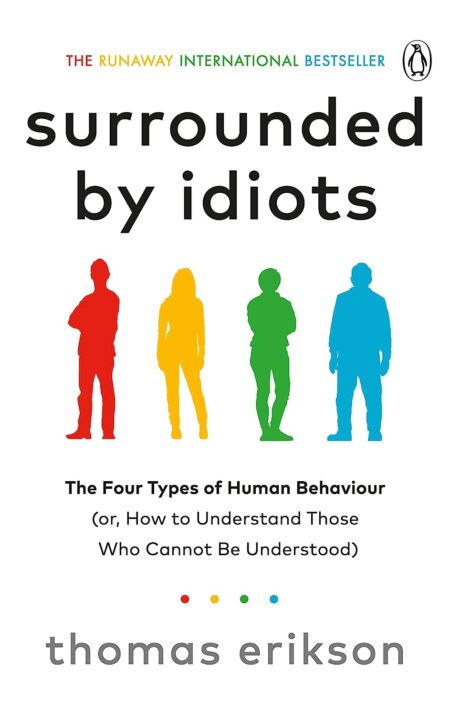Description
“Man’s Search for Meaning” is a book written by Viktor E. Frankl, first published in 1946. It is a profound exploration of human suffering, resilience, and the search for meaning in life, based on Frankl’s experiences as a prisoner in Nazi concentration camps during World War II.
The book is divided into two parts. The first part, titled “Experiences in a Concentration Camp,” provides a harrowing account of Frankl’s time in Auschwitz and other camps. Despite enduring extreme physical and psychological suffering, Frankl reflects on how prisoners found meaning and purpose in their lives, even in the face of unimaginable horrors. He emphasizes the importance of maintaining a sense of inner freedom and dignity, even in the most dehumanizing conditions.
The second part of the book, titled “Logotherapy in a Nutshell,” outlines Frankl’s therapeutic approach, known as logotherapy. Unlike traditional psychoanalysis, which focuses on the individual’s past and unconscious drives, logotherapy focuses on the future and the search for meaning. Frankl argues that the primary drive in human beings is not pleasure or power, as Freud and Adler proposed, but the pursuit of meaning. He illustrates how individuals can find meaning in their lives through their relationships, their work, and their attitude toward suffering.
“Man’s Search for Meaning” has had a profound impact on readers around the world and has been translated into numerous languages. It offers timeless wisdom and insight into the human condition, inspiring readers to find meaning and purpose in their own lives, even in the midst of adversity. Frankl’s message of hope and resilience continues to resonate with people of all backgrounds and generations.













6 reviews for Buy Man’s Search For Meaning by Victor E Frankl (paperback)
There are no reviews yet.